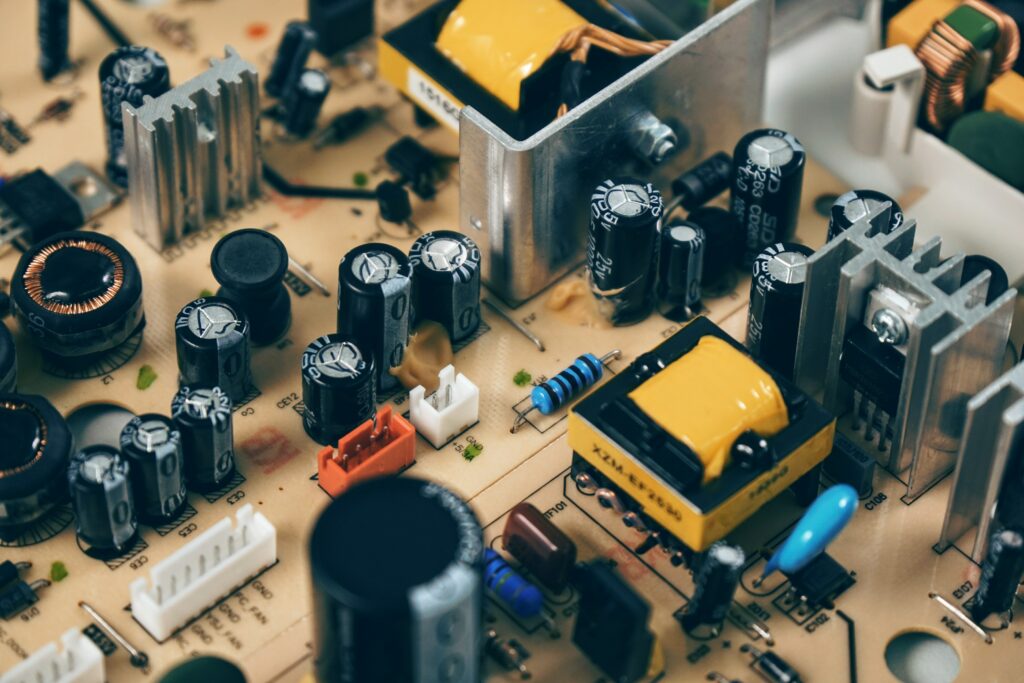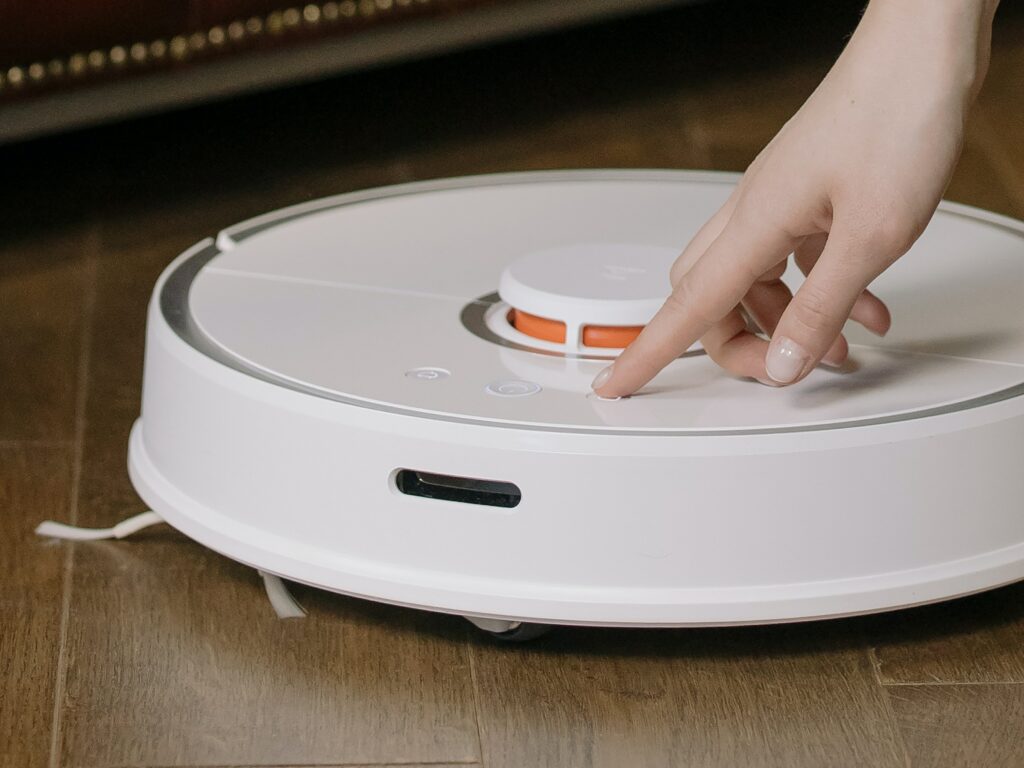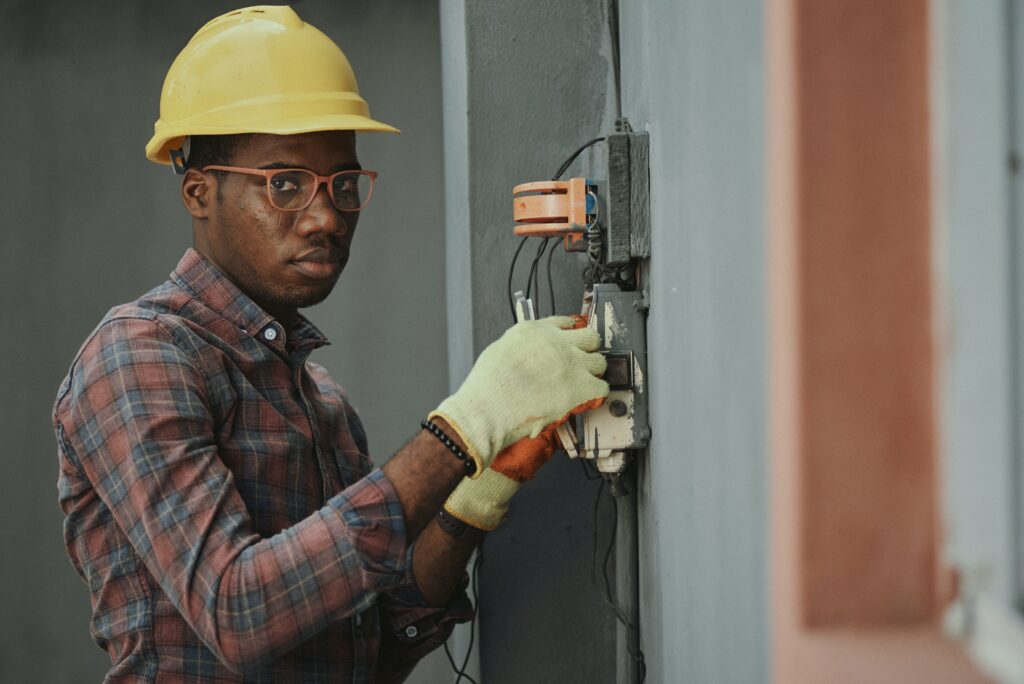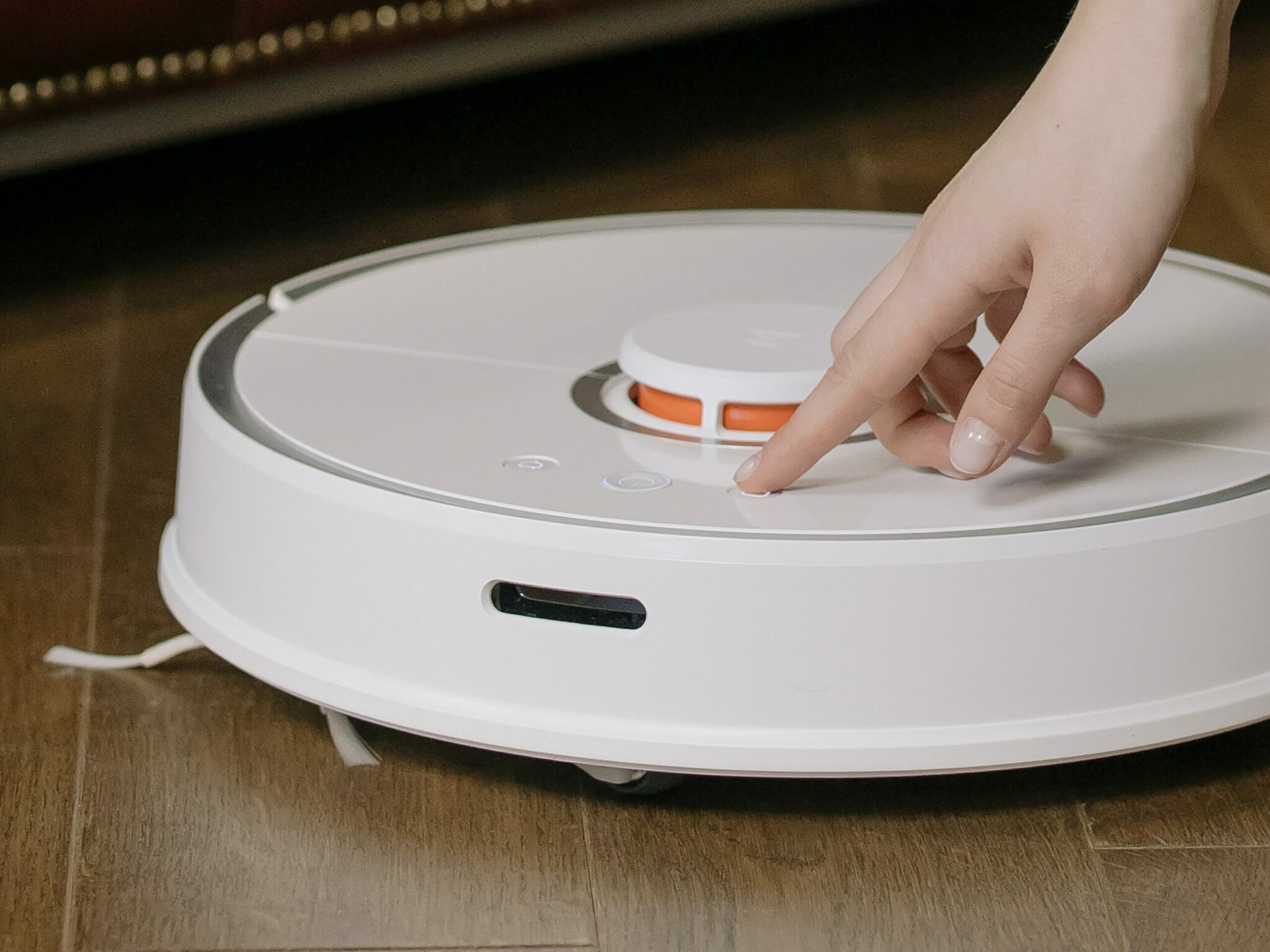When it comes to vacuuming, most people want two things: A vacuum that will get the job done quickly, and a vacuum that won’t break the bank.
But with all the different models on the market, it can be difficult to know which one to choose. One of the most important factors to consider when purchasing a vacuum is its wattage.
Let’s understand what is a good wattage for a vacuum cleaner.
How Many Watts Is A Good Vacuum Cleaner?
It is difficult to determine how many watts a good vacuum cleaner needs. This is because different people have different cleaning needs.
For example, someone with a lot of carpeted surfaces in their home will need a more powerful vacuum than someone with mostly hardwood floors. In general, however, most vacuums range from 800-1700 watts.
Some higher-end models may use more watts, but this is not always necessary for average cleaning needs. Ultimately, the best way to determine how many watts you need in a vacuum cleaner is to experiment with different models and see what works best for you.
What Are Watts And Amps?

Before we answer that question, it’s important to understand the difference between watts and amps.
Watts (W) are units of power, while amps (A) are units of electric current. Power is the rate at which energy is transferred, while current is the flow of electrons. Checkout How many amps does a vacuum cleaner use.
In other words, watts measure how much work a vacuum can do, while amps measure how quickly it can do that work. For example, let’s say you have a 100-watt (W) light bulb and a 100-amp (A) car battery.
The light bulb will use electricity at a rate of 100 watts, meaning it will take one second for it to use up 100 joules of energy.
The car battery, on the other hand, will supply electrons at a rate of 100 amps—meaning it can deliver 1 coulomb of electrons per second.
What Is Suction Power?
Suction is a measure of how well your vacuum cleaner can pick up dirt, dust, and debris from your floors. The higher the power, the better your vacuum will be at cleaning up even the most stubborn dirt and grime.
However, it’s important to note that suction power isn’t the only factor that determines how well your vacuum will clean. The design of the vacuum and the quality of the filters also play a role in its overall performance.
High Suction Power Vs Low Suction Power
So, which is better? A vacuum with high power or one with low power? The answer may surprise you. It turns out that it’s not necessarily the case that one is better than the other.
Instead, it depends on your individual needs and preferences. If you have mostly hardwood floors, then a vacuum with high suction power may be unnecessary since it could end up leaving your floors looking dull and lifeless.
On the other hand, if you have carpeted floors, then a vacuum with high suction power may be just what you need to get them looking their best.
Ultimately, it’s up to you to decide which type of vacuum will work best for your particular situation. In addition to wattage, you may also want to consider the air watts, which take into account both suction and airflow. So always search for how many watts is a good vacuum cleaner in the current market to make an informed decision.
The Relationship Between Wattage And Suction Power

Wattage is simply a measure of how much electricity a device uses. More watts usually mean that the device will consume more electricity, but it doesn’t necessarily mean that the device will perform any better.
So what does wattage have to do with suction power and how it is related to our discussion of how many watts is a good vacuum cleaner? Generally, a higher wattage can result in higher power, but as we mentioned earlier, other factors such as the vacuum motor power can also play a role.
The answer lies in how most vacuums are designed. Most vacuums rely on an electric motor to create suction. The stronger the motor, the more powerful the suction will be. And guess what? The stronger the motor, the more watts it will use!
That’s why there tends to be a correlation between wattage and suction power but it’s not always a perfect correlation.
For example, some manufacturers may produce models with very powerful vacuum motors that deliver high suction power without using too much motor power. Others may produce models with weaker motors that require more watts. It all depends on the design of the particular vacuum cleaner.
When it comes to choosing a new vacuum cleaner, one of the most important factors to consider is suction power, because the higher the power (watts), the louder the vacuum cleaner will be.
If you want a quiet vacuum cleaner, then you need to think about lower wattage vacuum. Measured in inches of water lift, the suction power corresponds directly to the amount of dirt, dust, and debris that the vacuum can pick up.
If you have a lot of carpeting in your home or pets that shed frequently, opt for a model with higher power. Otherwise, a less powerful model will suffice.
How Much Electricity Does Your Vacuum Cleaner Use

In order to understand, how many watts a good vacuum cleaner requires, the first thing you’ll need to know is the wattage of your vacuum cleaner. This is typically listed on the appliance itself or in the owner’s manual. If you can’t find it there, a quick Google search should turn it up.
Once you have the wattage, all you need to do is multiply it by the number of hours you use the vacuum per week. This will give you the total number of watt-hours (Wh) of electricity your vacuum uses in a week. For example, if your vacuum has a wattage of 1000 Watts (W) and you use it for 1 hour per week, then it uses 1000 Watt-hours (Wh) of electricity per week.
Now that you know the weekly electricity consumption of your vacuum, you can easily calculate how much it costs to operate. To do this, simply divide the weekly consumption by 1000 and multiply by your local electricity rate.
For example, if your weekly consumption is 1000 Wh and electricity costs $0.10 per kWh in your area, then it would cost $0.10 to operate your vacuum for one week.
How Many Watts Do You Need
So now that we know the difference between watts and amps, let’s answer the original question: How many watts is a good vacuum cleaner? Unfortunately, there isn’t a single answer to this question because it depends on several factors, including:
- The size of your home
- The type of floors you have
- How often do you vacuum
- Whether you have pets
- Your budget
With that said, most experts recommend choosing a vacuum cleaner with at least 200 watts if you have hardwood floors or carpets in your home. If you have mostly bare floors or only vacuum once a week, then you can get away with buying a less powerful model. And if you have pets or suffer from allergies, then you’ll want to look for a model with an elevated dustbin so that pet hair and dander don’t end up back in your living space.
Of course, wattage isn’t the only factor you should consider when purchasing a new upright vacuum cleaner. But you can still get help from wattage on how many watts a good vacuum cleaner needs these days.
Conclusion
When shopping for a new vacuum cleaner, be sure to pay attention to the wattage. Most experts recommend choosing a model with at least 200 watts if you have hardwood floors or carpets in your home. If you have mostly bare floors or only vacuum once a week, then you can get away with buying a less powerful model.
And if you have pets or suffer from allergies, then look for a model with an elevated dustbin so that pet hair and dander don’t end up back in your living space. We hope this read must have given an idea about how many watts a good vacuum cleaner is.
